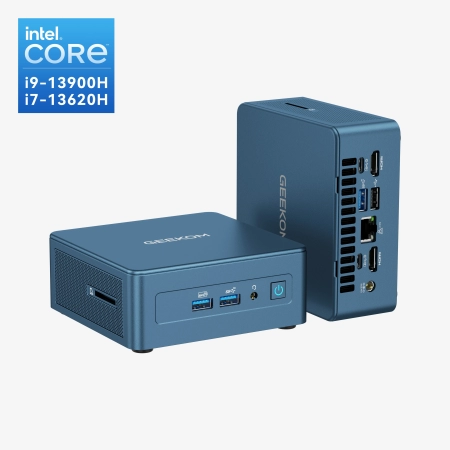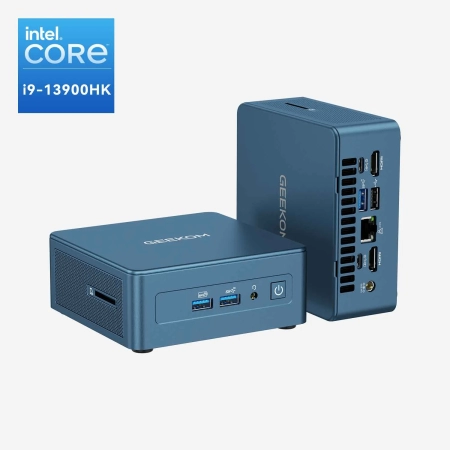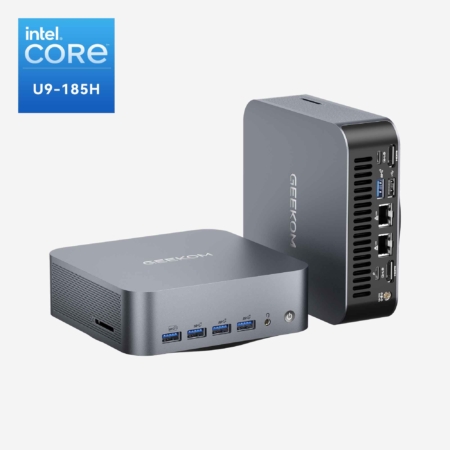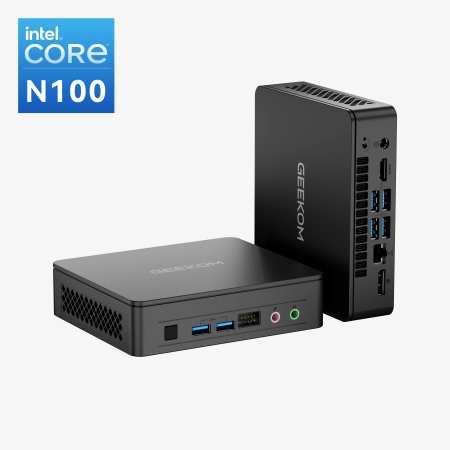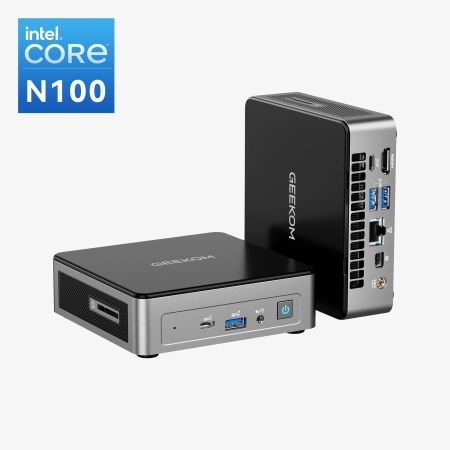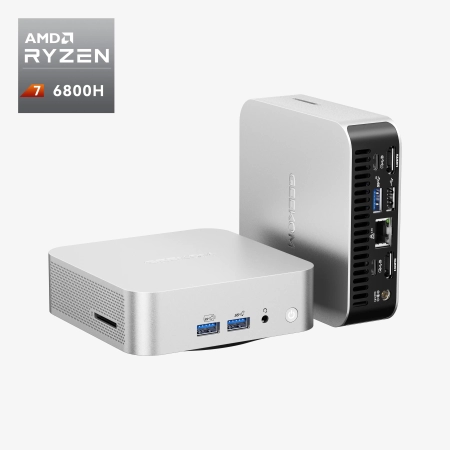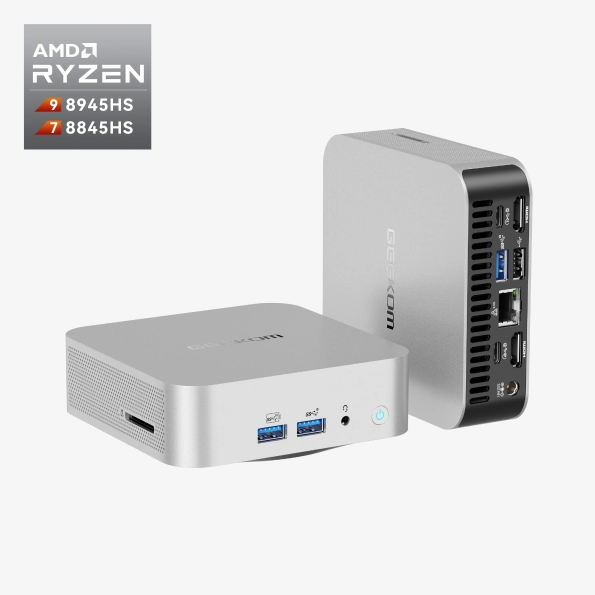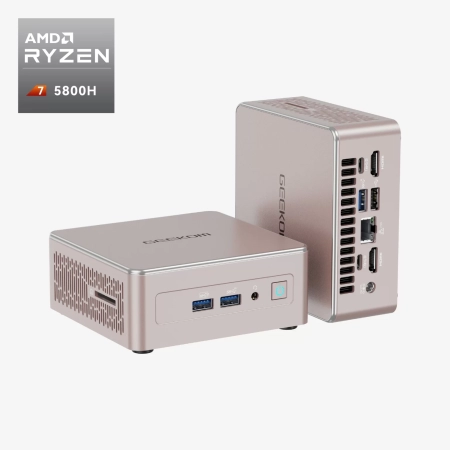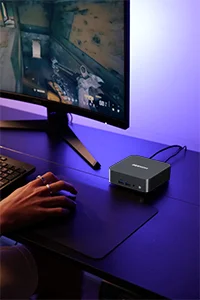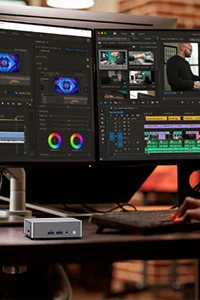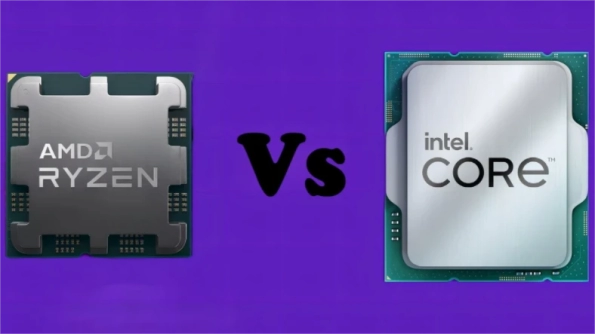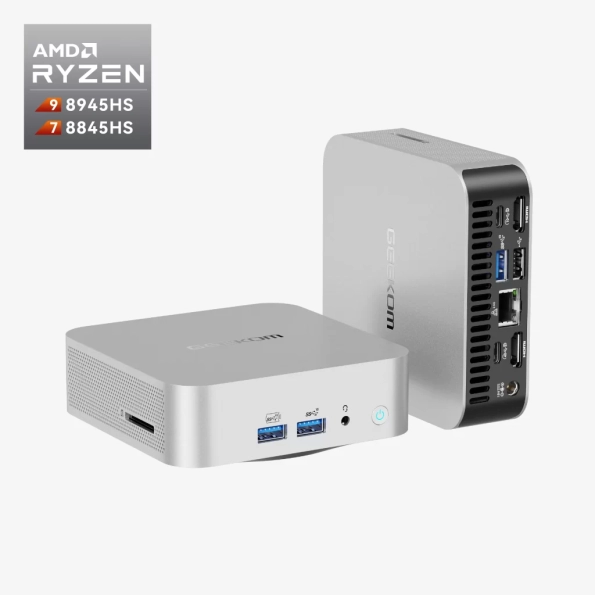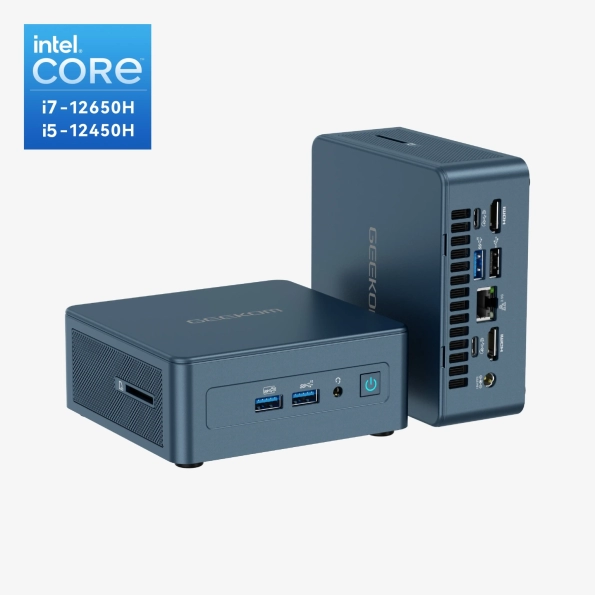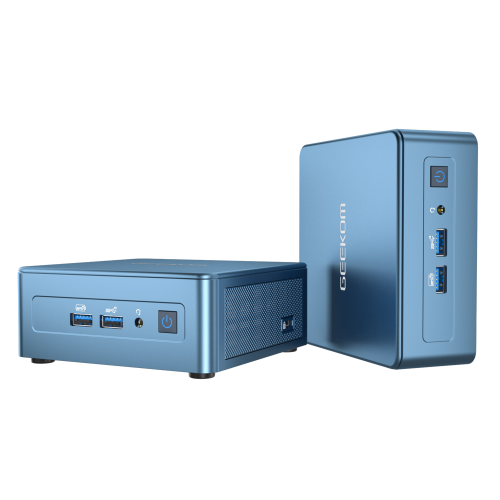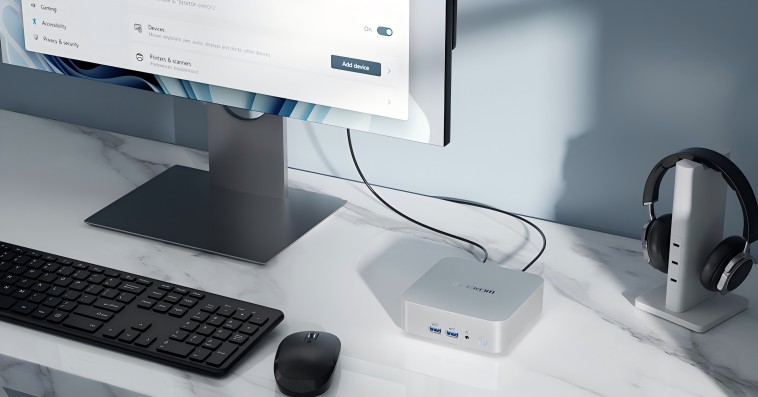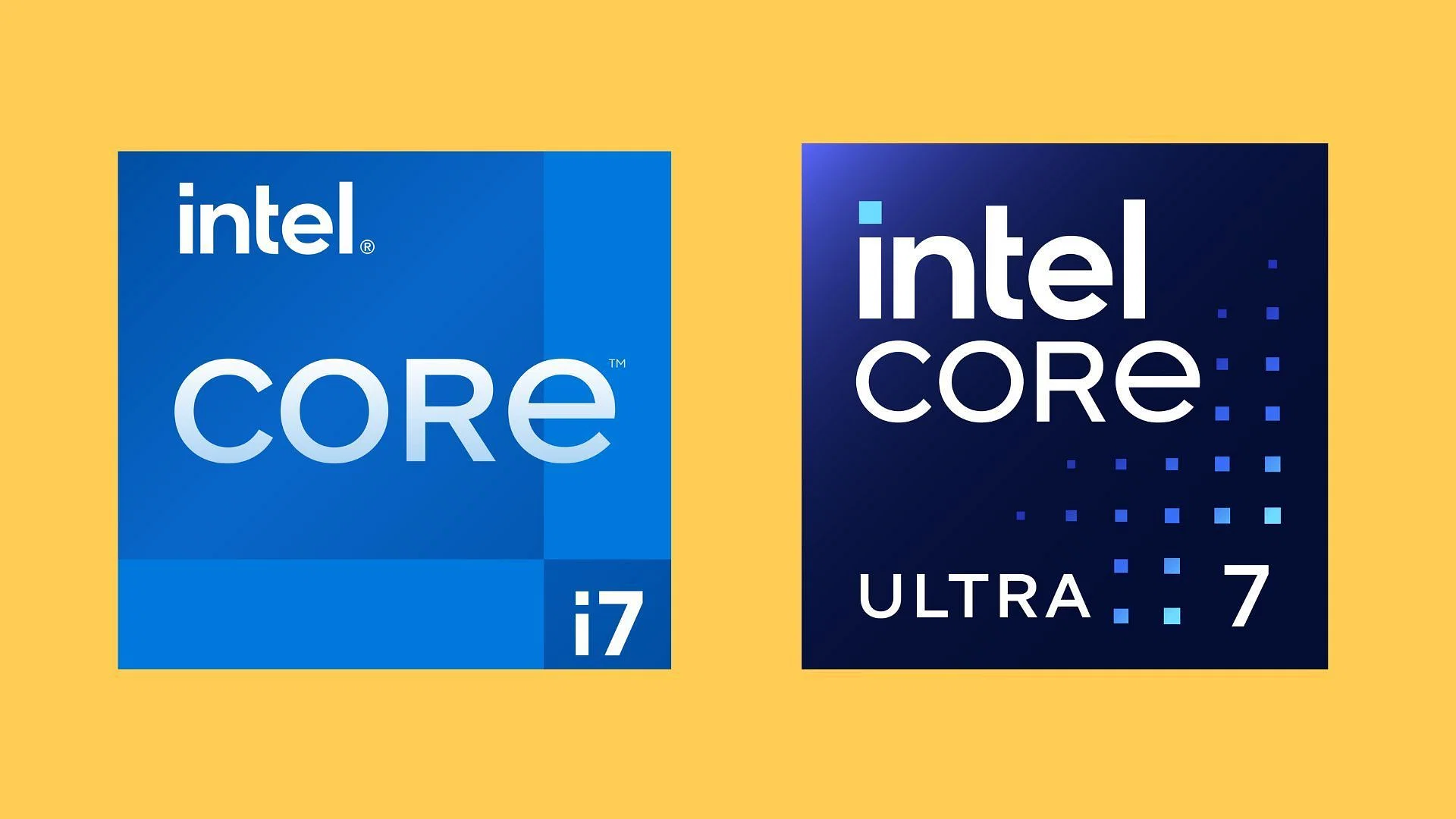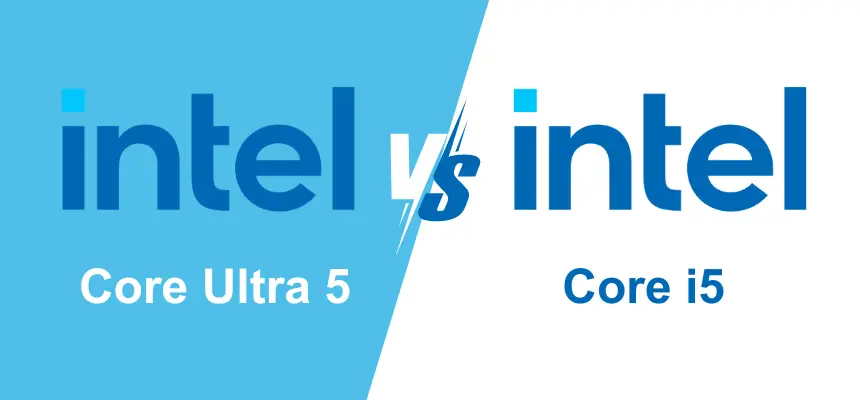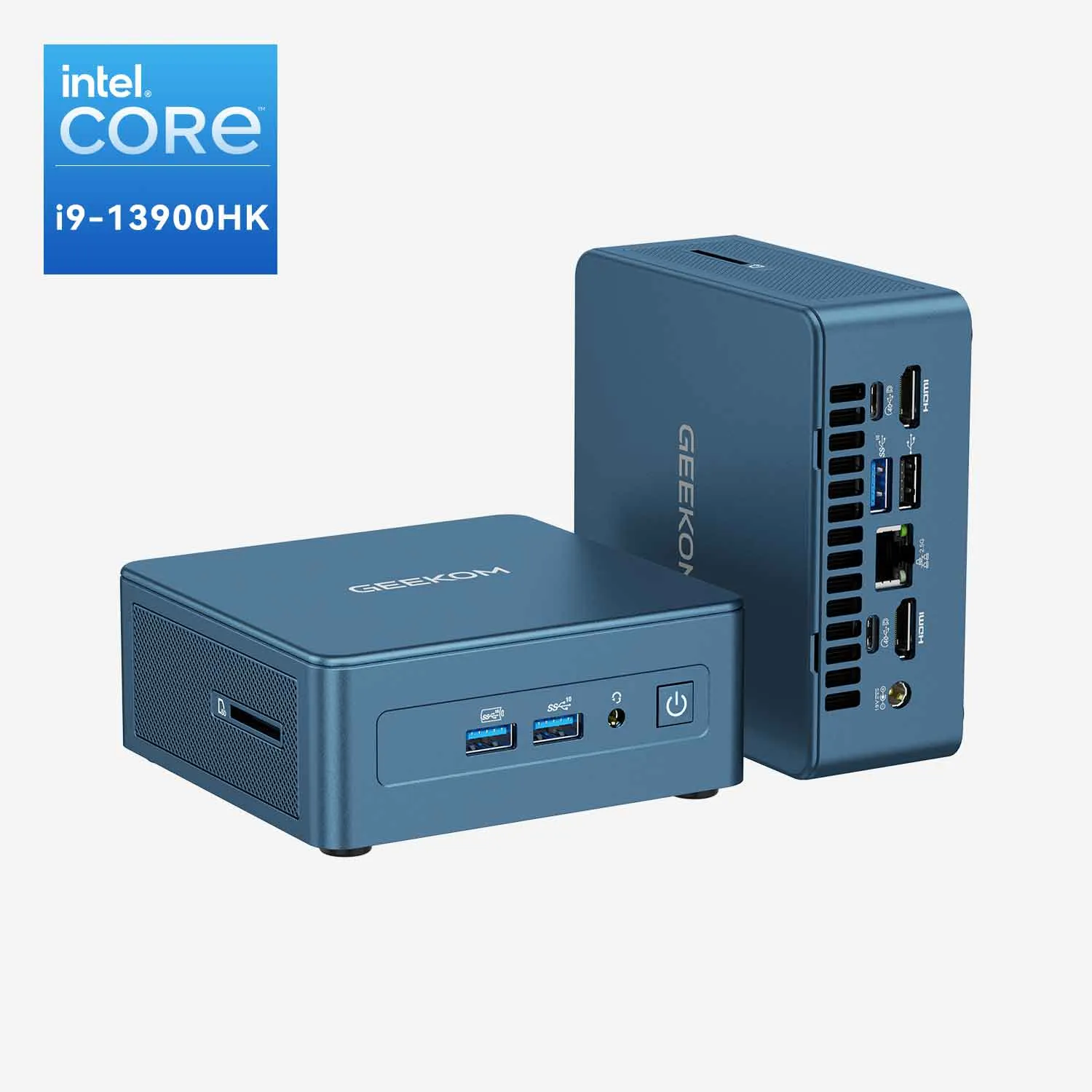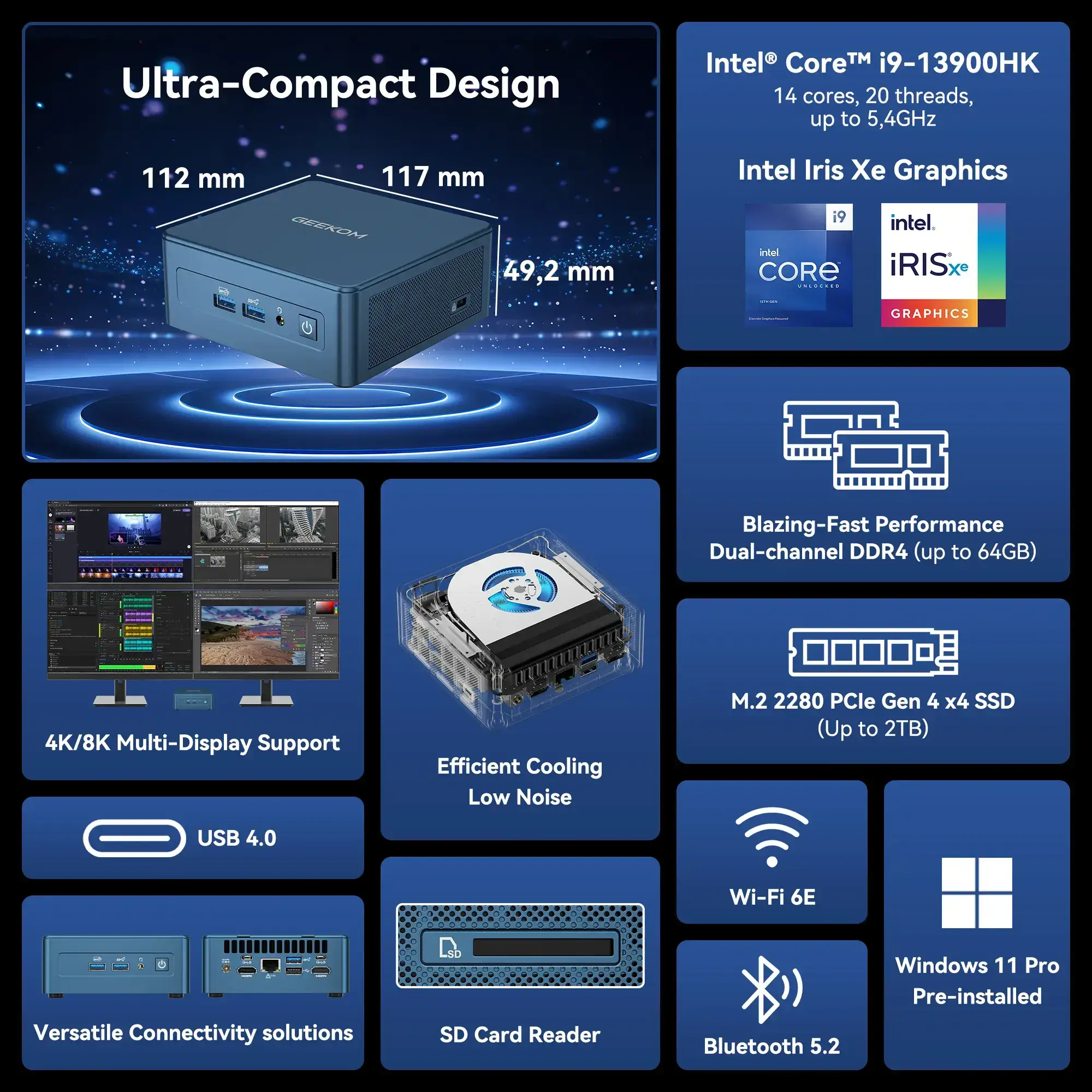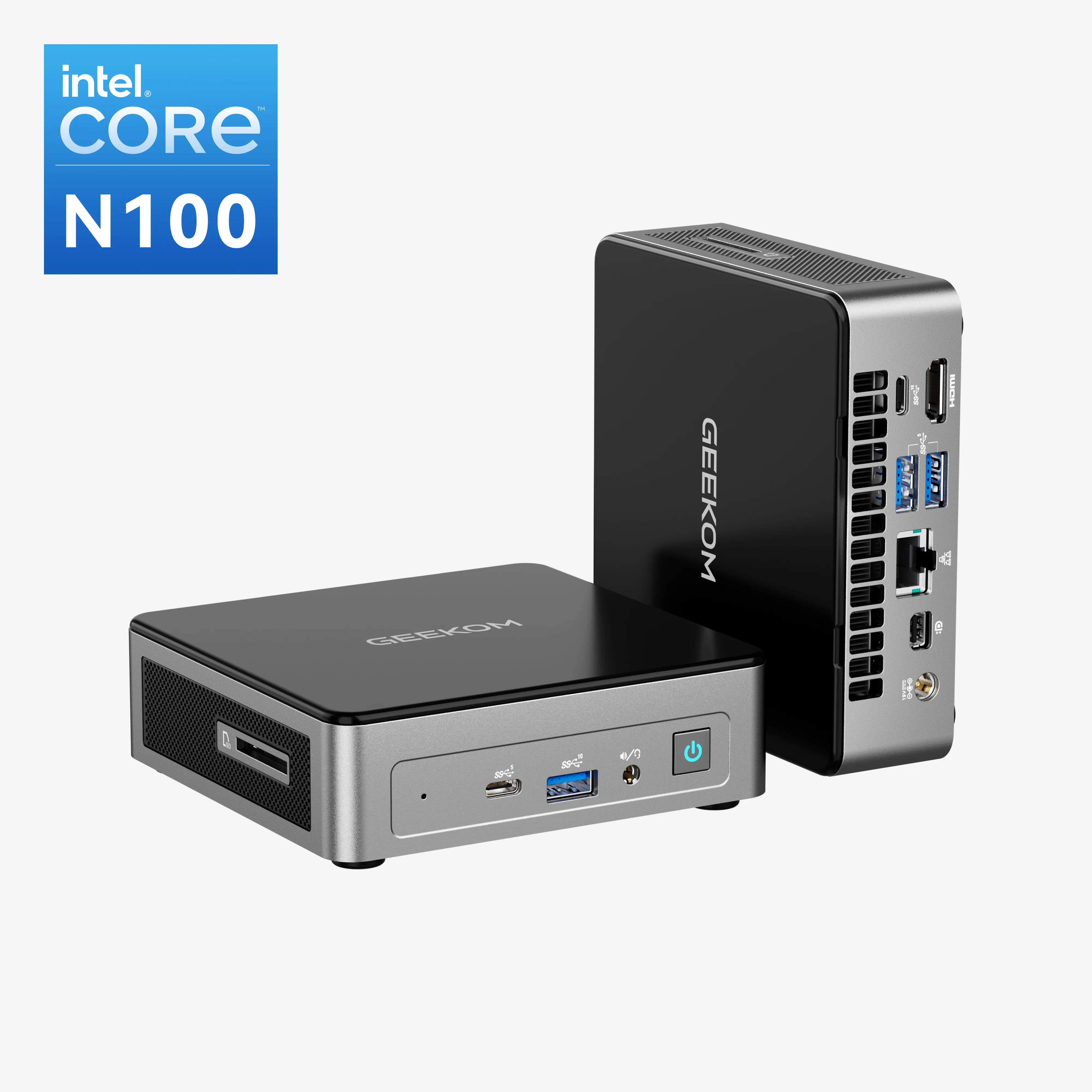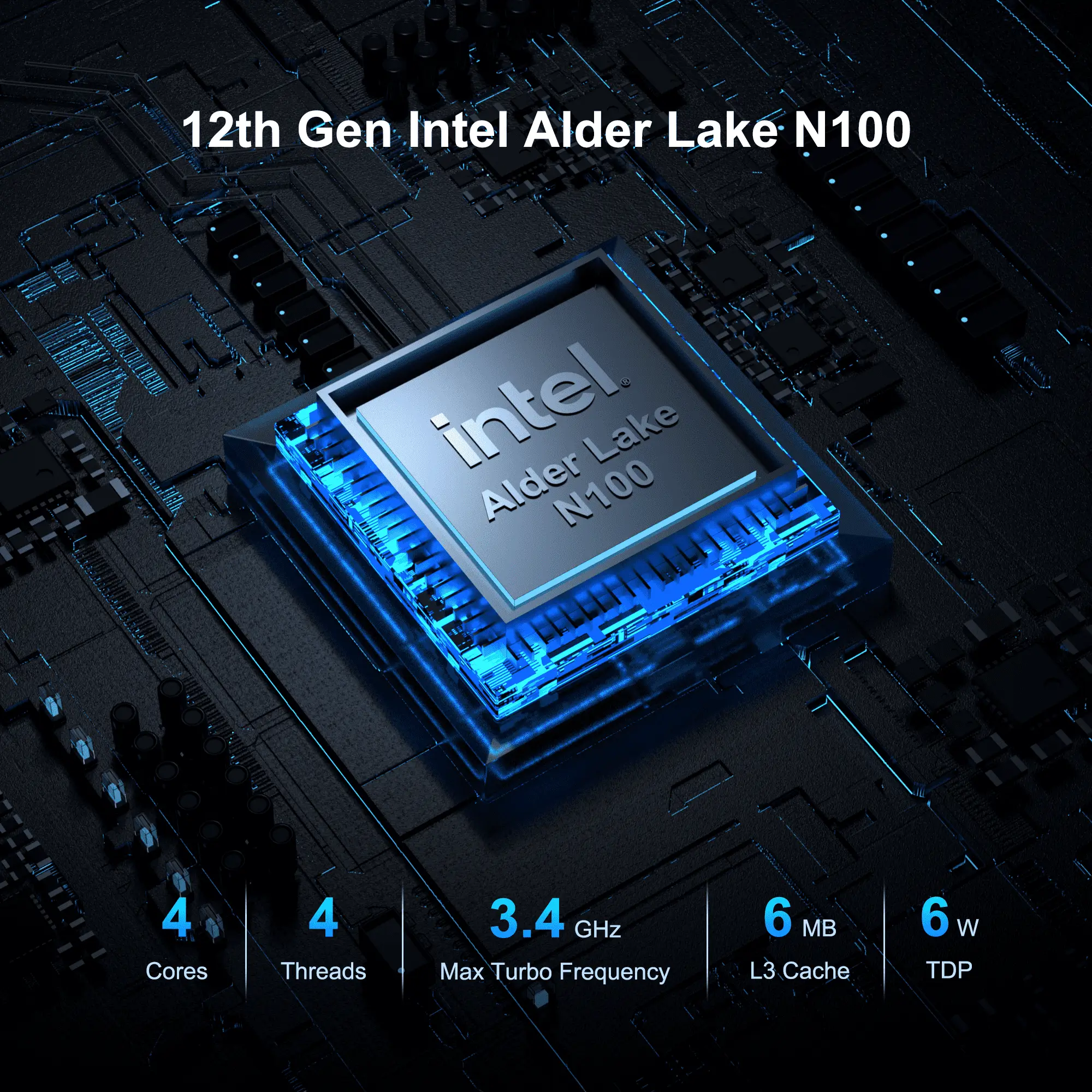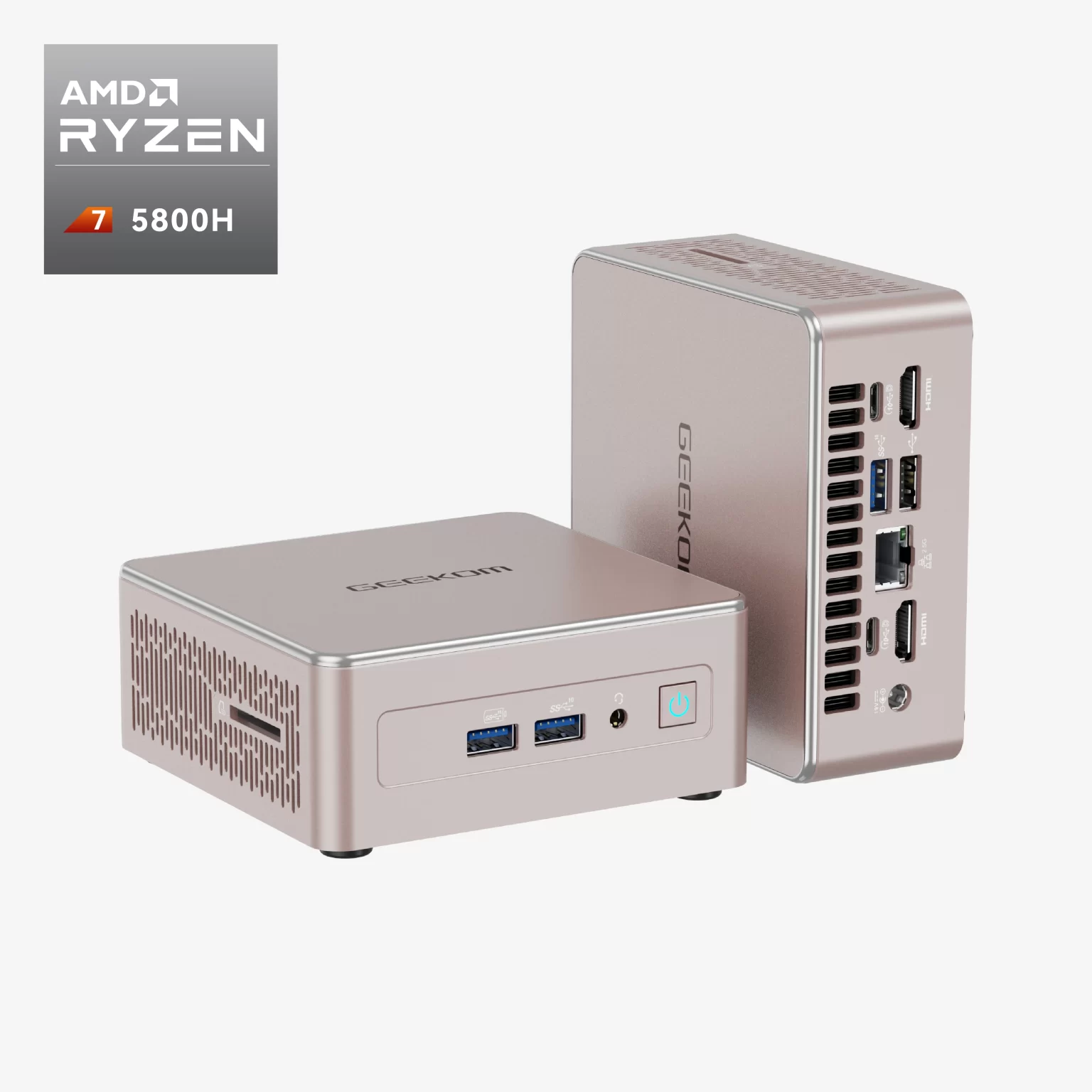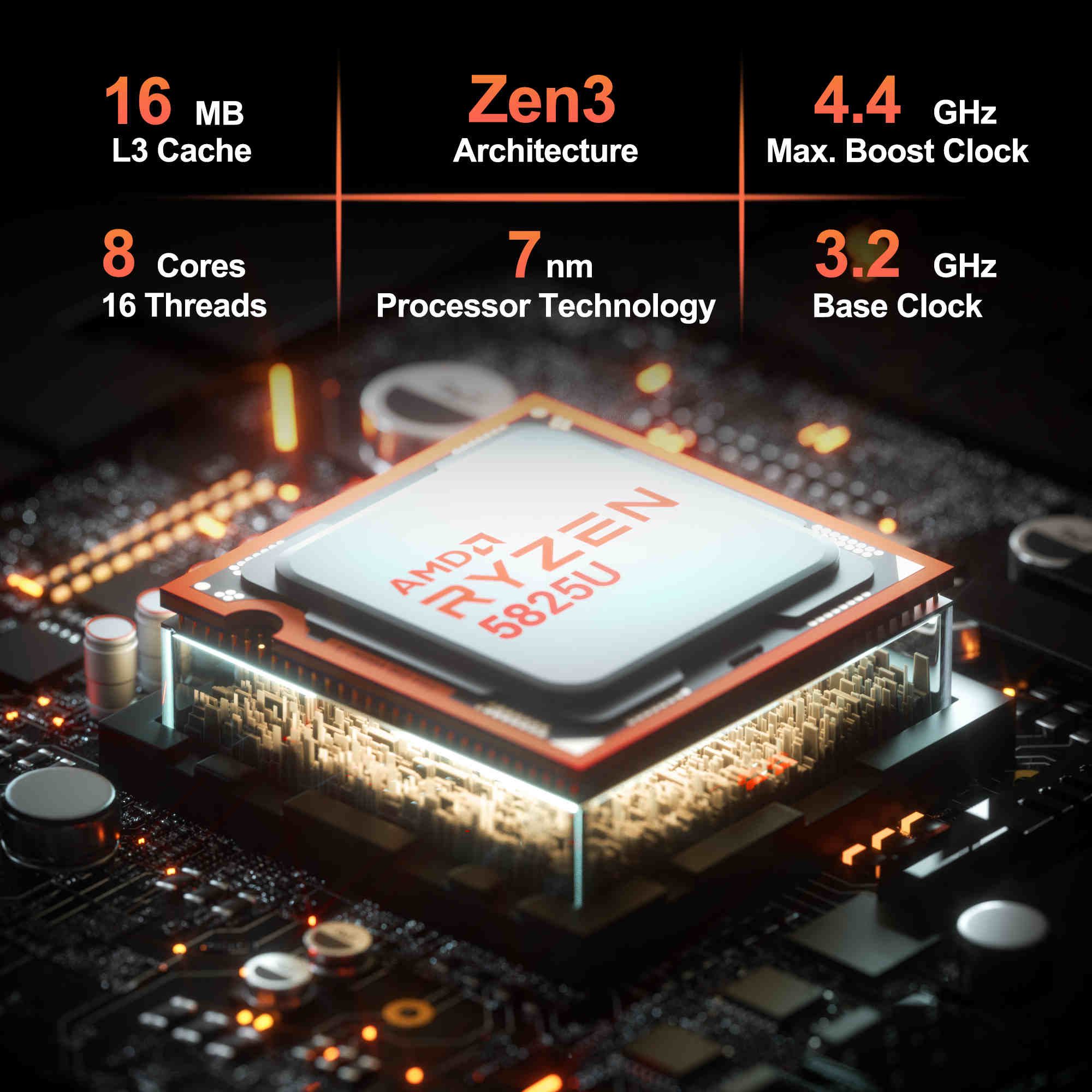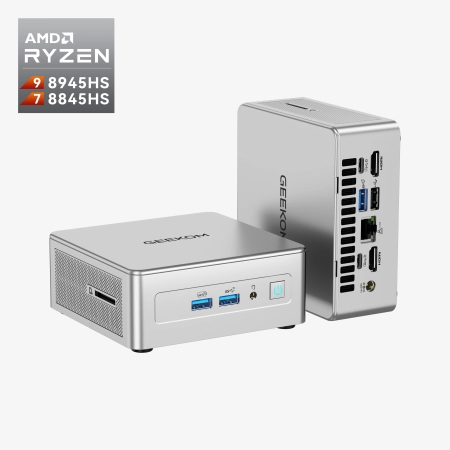The fast development of technology all around has rendered the correct CPU a necessity to optimally utilize your computer system. Whether it is a gaming PC, a content creation workstation, or a general-purpose computer, your CPU forms the core of your system.
As the titans of processors, AMD and Intel hold sway over the market; comparisons between AMD Ryzen 7, Intel i5, and Intel i7 are always at the heart of any discussion about performance. Let’s break down some general characteristics, strengths, and uses for each processor series so you can choose the right one.
Brief Overview of the Processor Market
Presently, it is the market leaders AMD and Intel that have a line of CPUs intended for all computing needs. Once the sole leader, Intel has faced real challenges from AMD, which quickly rose as a formidable opponent, especially with the introduction of its Ryzen processors. All three – AMD Ryzen 7, Intel i5, and Intel i7 – are targeting the mid-to-high performance usage segment, which includes gamers, content creators, and people looking to increase their productivity.
Importance of Choosing the Right CPU
The CPU could be the most significant aspect in determining whether your PC is going to reach its true potential or not. An apt processor can make all the difference in overall performance, whether it is gaming, video rendering, multitasking, or even power efficiency. If you know what you want the CPU for (whether you want raw power for creative tasks or efficiency for daily activities), then you can pick the perfect CPU from the above three options.
AMD Ryzen 7 Series
General Characteristics
Even though the AMD Ryzen 7 has been all about multi-core performance and power efficiency, with the launch of Ryzen 7 8840HS, AMD has done justice to correcting the single-core performance gap with Intel, though miles away from being at the former’s level in terms of efficiency. Generally speaking, the Ryzen 7 8840HS is really all about eight cores and sixteen threads, making it very effective for multitasking and also for CPU-intensive applications.
Latest Models
The newest in the Ryzen 7 family is the eight-core, sixteen-threaded Ryzen 7 8840HS, providing a 3.3-GHz base clock and one that boosts up to 5.1 GHz. Its 8 MB L2 cache and 16 MB L3 cache make for great performance when someone is doing multi-threaded tasks.
Performance Strengths
The major advantage of the Ryzen 7 8840HS is in terms of multitasking, making it ideal for content creators who will be dealing with aspects like video editing and other such multitasking processes. It is also accompanied by fair single-core performance, making it capable of fast gaming and responsive application use.
Target Audience
It is a very powerful CPU that is best for power users. These users are people who need very strong multi-core responses to handle professional applications. To do video editing and complex simulations, this processor will be a good option. Another intensive task is running games that are very heavy on resources. So, the CPU can be a good choice for gamers as well.
Recommended products:
- AMD Ryzen™ 9 8945HS or Ryzen™ 7 8845HS.
- AMD Radeon™ 780M graphics card.
- Dual-channel DDR5 5600MT/s, up to 64 GB.
- M.2 2280 PCIe Gen 4 x 4 SSD, up to 2TB.
- Wi-Fi 6E and Bluetooth® 5.2.
Intel Core i5 Series
General Features
The Intel Core i5 is a mid-range, usually six-core and twelve-thread model. Though the core counts of Intel’s i5 processors are less compared to AMD’s Ryzen 7, it is very good in single-core performance and highly acceptable in general productivity workloads, including gaming.
Latest Models
One of the most loved models is the Intel Core i5-13600K. Featuring a base clock speed of 3.5 GHz and a boost clock speed of up to 5.1 GHz, the i5-13600K with 20 MB of total L2 cache will offer enhanced performance in single-threaded tasks.
Performance Strengths
The Intel i5-13600K has outstanding scores in a single core. So, for gaming purposes, it is a perfect bet. Due to its high clock speeds with a lower count of cores, it provides smooth performance with lighter workloads, hence supporting smooth performance for daily tasks such as web browsing, word processing and light content creation.
If you feel that the performance of i5 has not met your expectations, you can take a look at the Intel Ultra Series: Intel Core Ultra 5 vs I5: Key Differences.
Target Group
This means that the Intel Core i5 is the best for gamers and general users. It provides enough power to ensure most of the modern gaming applications can run, but it is not as expensive as top-of-the-line processors.
Recommended product
- 12th Gen Intel® Core™ i7-12650H or Core™ i5-12450H
- Intel UHD Graphics
- Comprehensive port selection, including two USB4 ports
- Intel® Bluetooth® 5.2 and Wi-Fi 6E
Intel Core i7 Series
General Features
The Intel Core i7 series aims to be highly performing, with the blade being sharp at both single-threaded and multi-threaded workloads. The i7 series has eight cores and sixteen threads, and this pushes it closer to rival AMD’s Ryzen 7, with the latter nearly tying with i7 in multi-threaded tasks. That kept aside, the i7 still holds its ground in single-threaded workloads.
Latest Models
The Intel Core i7-13700K comes with a 3.4 GHz base clock and up to 5.4 GHz boost clock. 24 MB of total L2 cache support features make it perfect for high-performance usage, blazing in gaming and productivity.
Performance Strengths
Intel’s i7 processors can stand very strong in single-thread applications like gaming, where the clock speed plays a great role. Yet, their good multi-core performance allows them to be used in more extreme workloads like video editing, data analysis, and many other productivity software.
Target Market
It’s targeted to the high end, meaning that this series is mainly in demand to deliver extreme performance in gaming as well as in productivity. It’s particularly ideal for enthusiasts who demand top-tier performance without stepping into the more expensive Core i9 category.
Recommended products:
- 13th Gen Intel Core i9-13900H , Core i7-13620H
- Intel® Iris® Xe Graphics for i9, Intel® UHD Graphics for i7
- Extensive port selection including two USB4 ports and two HDMI 2.0 ports
- Intel® Bluetooth® 5.2 and Wi-Fi 6E for faster connections
Performance Comparison
Single-Core Performance
As for the performance of a single core, Intel has always been ahead of the curve. Both the i5-13600K and i7-13700K come out as better options here because they get a better score in Cinebench R23 and Geekbench 5 benchmark tests. Intel, therefore, is best suited for single-thread-dependent tasks and games.
Multi-Core Performance
Its performance for multi-core, meanwhile, is one area where the AMD Ryzen 7 8840HS truly excels. Eight cores and sixteen threads make it superior to the Intel i5 and i7 in multi-core benchmarks, making it better suited than the others to multitasking and other applications, such as video rendering.
Gaming Performance
Although the Intel i5-13600K outgames the Ryzen 7 8840HS in the gaming benchmarks, the difference is minuscule in real-world gaming. In fact, to date, both the Intel i5 and i7 provide the maximum frame rates in current games. Meanwhile, AMD’s Ryzen 7 still manages to keep up, even for those who are streaming or doing other things in the background as they play.
Content Creation and Productivity
The one area of multi-core performance brings a chasm between the two brands for content creators. It makes the AMD Ryzen 7 8840HS substantially ahead of Intel’s i5. In applications that exploit clock speeds, the i7 is especially head-to-head. However, for heavy workloads, the Ryzen 7 is a better choice for rendering and complex simulations.
Price-to-Performance Ratio
Cost Comparison
In terms of pricing, the AMD Ryzen 7 8840HS costs roughly $400, the Intel i5-13600K costs around $270, and the i7-13700K costs around $490. This makes the i5 an exceptionally great value for gamers and general users while making the Ryzen 7 an exceptional choice for multitaskers and content creators.
Value Proposition of Each Series
AMD Ryzen 7, therefore, holds the best value for multi-core performance at mid-range prices. And Intel i5 is ideal for gaming at budget-friendly deals, while the i7 is for users looking for high-end performance sans spending money on the expensive Core i9 range.
Power Consumption and Thermal Performance
TDP (Thermal Design Power)
The TDP of Ryzen 7 8840HS is 28 watts, but in comparison, the TDP of Intel i5-13600K and i7-13700K is 125 watts. In practical usage, however, it does depend on the workload, but the AMD CPUs are generally pretty power-efficient in nearly all real-world usage scenarios.
Cooling Requirements
Good cooling solutions will be definitely needed for both AMD and Intel processors when overclocking is done. Ryzen 7 8840HS is a lot cooler when handling loads if you compare it to the processors from Intel. But it is suggested to get a high-performance cooler for all the three CPUs.
Energy Efficiency
AMD’s Ryzen processors, especially the Ryzen 7 8840HS, do not consume as much power as the other ones. So they become the choice for people who want power-efficient CPUs.
Use Case Scenarios
Best Choice for Gaming
For gaming, the Intel i5-13600K offers the best balance of price and performance, especially for users on a budget. The i7-13700K is also a great choice for high-end gaming, though the Ryzen 7 8840HS remains competitive, especially for gamers who also multitask.
Best Choice for Content Creation
AMD Ryzen 7 8840HS takes the crown in content creation due to its superior multi-core performance, making it the go-to processor for video editors, 3D artists, and other creative professionals.
Best Choice for General Productivity
For general productivity, the Intel i5-13600K offers solid performance at a lower cost, making it the ideal choice for users who need a reliable processor for everyday tasks.
Conclusion
Different series have different strengths. The AMD Ryzen 7 can be very good for multi-core tasks, while the Intel i5 is a suitable budget-friendly option. In turn, the i7 strikes the perfect middle ground since it gives top performances both for gaming and for work.
If you want a mini PC with either of these processors, GEEKOM provides a great set of high-performance machines suited for any user.
Want to know more about Intel: Intel series blog.

Geekom
GEEKOM sets its R&D headquarters in Taiwan and several branches in many countries worldwide. Our core team members are the technical backbone who ever served Inventec, Quanta, and other renowned companies. We have solid capacities for R&D and innovation. We constantly strive for excellence in the field of technology products.


